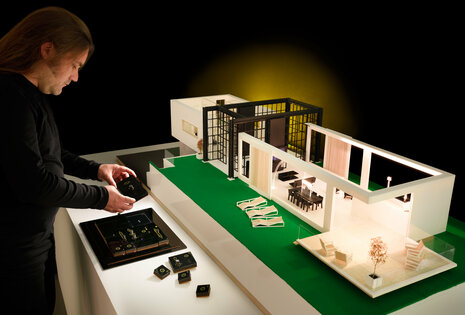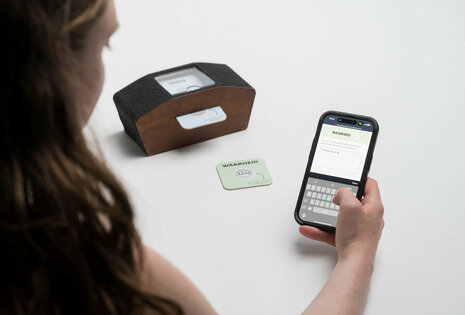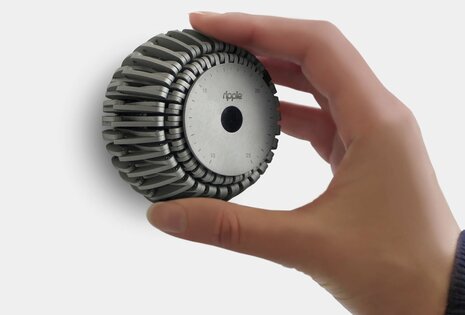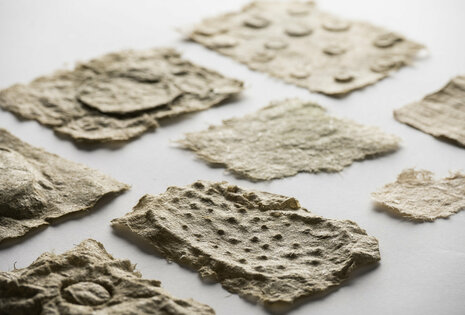Since December 2023, the two capacity groups Future Everyday and Systemic Change have been replaced by six clusters, which bring together staff with similar interests in small, focused research groups. Within the context of the departmental vision, mission and strategy, each cluster pursues their own research goals and implement their own strategies regarding publications, collaboration, societal impact and grant acquisition.
The cluster-based organization of research on the one hand aligns well with ������ý’s Principal Investigator model, providing more autonomy to individual researchers. On the other hand, the combined clusters allow the department to address its current research agenda in a highly focused manner, while allowing and fostering cross-cluster collaboration.

Computational Design Systems
A Computational Design System (CDS) is a framework of integrated technological and methodological components that supports design practice…

Design Of Empowering Systems
The cluster creates interactive systems that employ technology to promote inclusion and self-development and bridge divides created by new…

Designing With Intelligence
The cluster's objective is to develop the ability to design with various forms of intelligence, such as artificial intelligence (AI), human…

Interactive Matters
The cluster takes these areas to the next level by incorporating new technologies such as active materials, advanced sensing, soft robotics,…

Making With…
We live in a time of big changes in the environment, society and technology that are accelerated by the climate crisis. The cluster tries to…

Transdisciplinary Research & Design
The cluster applies its experience in offering design in transdisciplinary settings, such as for dementia, rehabilitation, autism and the…
Highlights cases
700 babies are born extremely preterm (24-28 weeks) in the Netherlands each year. These infants are usually transferred to a neonatal intensive care unit to support their further development. However, exposure of the underdeveloped lungs to air may lead to life-threatening complications. The infants that survive often have chronic health issues in later life, such as brain damage, reduced lung function, vision problems and metal health issues. An artificial womb where the baby can stay and develop for another four weeks could significantly improve the child’s chances of survival and quality of life.
Research on Data-enabled Design (DED) started from the question how to leverage data in design. Two PhD projects jointly supervised by Industrial Design and Philips Experience Design represented the first crystallization point of the DED method. Among the major contributions of the project was the definition of two distinct phases in the DED process: the research-oriented contextual exploration, which includes the deployment of data probes in context and conducting data-enabled interviews with participants, and the solution-oriented informed exploration, which includes designing and validating data-driven interventions. Within these phases, an 8-loop process was defined to schedule and pace design research activities in the design studio and application context.
Dementia is a progressive neurodegenerative condition that affects people slowly but surely over time. Increasingly, people need support with memory, everyday tasks, and personal hygiene. Dementia is complex, multifaceted and impacts the person with it, those caring for them, and society.
Our research centers and institutes
Our labs
At the Departement of Industrial Design researchers and students can use several labs to support their research and educational activities. We offer Generic Make-Labs, Specific Make-Labs and Research Labs.